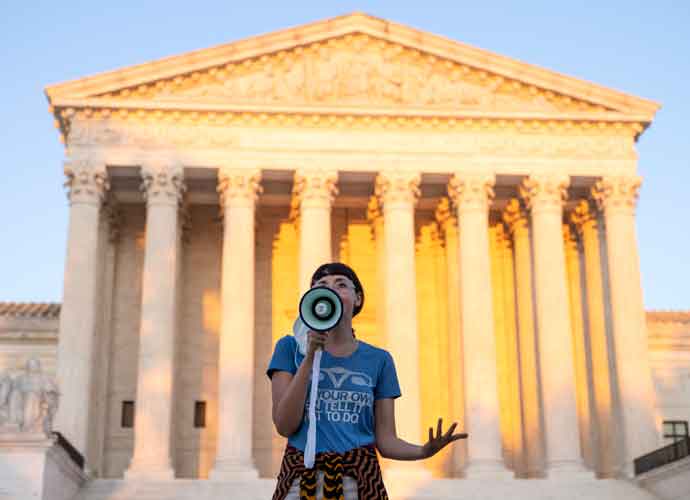After Supreme Court Overturns Historic Chevron Doctrine, Thousands Of Environmental Regulations Are At Risk
The Supreme Court overturned the Chevron precedent, altering the power held by federal agencies to approve regulations in situations where the law is vague.
Referred to as the Chevron Doctrine, Chevron v. Natural Resources Defense Council determined that the courts must defer to an agency’s determination of a law in circumstances where the law is vaguely written. The historic 1984 decision was used heavily in administration law to prevent regulatory actions from being legally attacked.
Now, numerous regulations are subject to legal challenge as the Supreme Court overruled the doctrine. This is expected to impact health care, the workplace, technology and environmental regulations, amongst others.
This ruling arrived as conservative lawmakers and judiciaries have aimed to alter President Joe Biden’s Environmental Protection Agency rules that limit planet-warming pollution caused by vehicles, oil and gas wells, pipelines and power plants.
Subscribe to our free weekly newsletter!
A week of political news in your in-box.
We find the news you need to know, so you don't have to.
Chief Justice John Roberts provided the court’s opinion, writing that “Courts must exercise their independent judgment in deciding whether an agency has acted within its statutory authority.” Roberts also said that the opinion should not be used to alter previous cases, upholding regulations that lack a special justification.
The three Democratic justices dissented from this opinion, suggesting that new lawsuits against regulations that were unchallenged due to Chevron could be filed and arguing that lower courts could find special justification in any circumstance.
As of now, there is a six-year statute of limitation for challenging executive branch regulations under the law. The Supreme Court will hear a case to alter that limitation, and a decision is expected Monday.
Critics argue that numerous complex policy decisions make it nearly impossible for lawmakers to write legislation that accounts for every possible scenario. Additionally, critics have argued that allowing the judiciary to interpret consumer regulations will lead to misguided interpretations of the law by non-experts.
Get the most-revealing celebrity conversations with the uInterview podcast!






Leave a comment